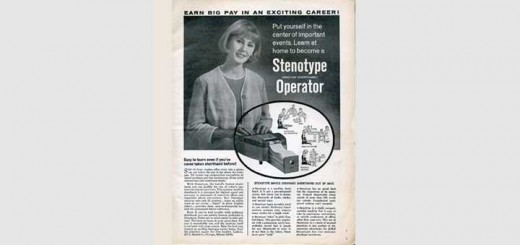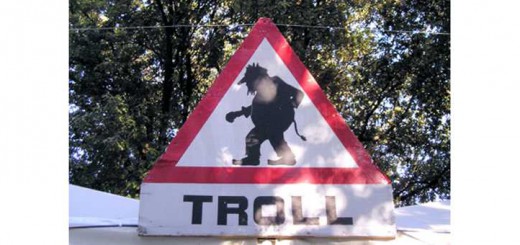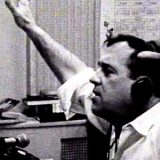Please Step Aside For The Paying Customers
There’s been another setback for using music in podcasts, but this one came with a silver lining I doubt anyone expected. I know I didn’t.
You may have read that licensing rights for pre-1972 copyrighted recordings, while not covered by Federal copyright law are now covered by individual state laws. This has thrown several large handfuls of worms into an already complicated can of them—but that’s a topic for another post. Suffice it to say, the court ruling doesn’t make it any easier, or more affordable, for podcasters to play music, especially music that appeals to older audiences. (Full Disclosure: My podcast, Out Of My Mind, targets baby boomers, so I have a vested interest in this.) Sure, I’m disappointed, but thanks to a blog post’s comment I have a reason, albeit not related to this litigation, to wear a broad smile.
Smiling in the RAIN
A post on the RAIN website summarized the fallout of this pre-1972 music ruling so far, and that post attracted this solution in a comment from a reader:
The answer is simple. Stop playing music prior to 1972….all of the music recorded prior to 1972 no longer has mass appeal to the A25-54 [Adults aged 25-54] demo. As time passes, this music’s appeal declines even more. Why waste time and money on an era of music that’s becoming irrelevant.
I don’t know who wrote the comment, but he made my day.
It is exactly this sort of thinking that gives podcasting its bright future. Ignore audiences outside of adults 25 to 54. Honestly? Let’s drop a chunk of the country because we can’t make money on it with our homogenized, voice-tracked, over-researched programming? That’s a strategy for growth?
Not all radio people think this way, as other comments on the post attest. But, it doesn’t take everybody to set policy, only enough decision makers who share a vision of the future based around easy pickings. The more problem niches corporate radio drops the better for podcasting. Not only can we earn our livings serving these supposedly useless niches, we bring passion to our programming, something radio seems to have squeezed out of its talent . We’re not sitting in studios reading one-liners from index cards and wishing we were home writing spec TV scripts. We’re behind our mics doing what we want to do and what we love doing. Our audiences hear it in our voices and that’s why they subscribe to our podcasts and come back episode after episode.
Here’s Your Hat, What’s Your Hurry
Oh, and how are connoisseurs of oldies, classical, jazz, experimental or indie music—all the formats that don’t score well in research studies—going to feel when radio shows them the door? I can think of no better way for radio to build loyalty than by informing listeners that they don’t meet appropriate statistical parameters. Only the loyalty radio is building is to podcasters for whom these discards are new friends waiting to be treated with gratitude and respect.
I hope the corporate radio owners continue this line of thinking. Drop those demographic segments because programming to them is inconvenient or because the ROI isn’t in double digits. We podcasters will not only take in those radio orphans, we’ll use our enthusiasm and passion to turn them into loyal listeners.
I can’t wait until radio decides it wants them back.
[jetpack_subscription_form title=”Get Every Blog Post” subscribe_text=”Enter your address to receive every new post by email.” subscribe_button=”Join Us >>”]










As much as I’d love to lay that attitude sqaurely on Broadcasters – the truth is Agencies that create and place Advertising for Major brands only care about buying media targeted at 18-54 year olds because that is the age range major advertisers want to target. Follow the money. Truthfully, If enough advertisers started spending money to message to people over 55 – Radio would be right there with formats researched and designed for that Demo all to get a piece of the very lucrative Agency business.
You’re absolutely right, Jeff. There’s a lot of inertia in the system. I’m a baby boomer and I know we spend money…on luxury cars, travel, financial planning, long-term health care and such. We just don’t change the brand of toothpaste we buy, and that seems to make us an undesirable demographic. On the other hand, the AARP recently started an advertising agency to tap the baby boomer (and up) market, one they’re intimately familiar with. It seems the money is there, but nobody wants to stretch for it. And that makes your comment all the more interesting. Is radio hurting itself by relying on agency research to tell it where the opportunities are? Can the radio industry grow by looking for new opportunities on its own? Thanks for contributing to the conversation.